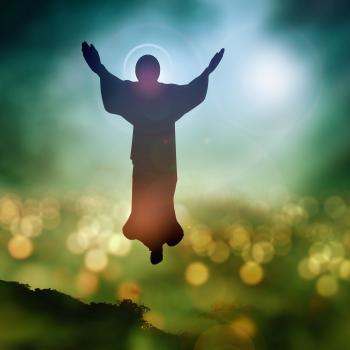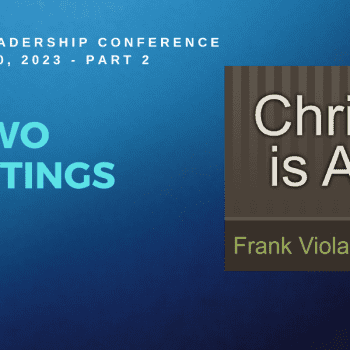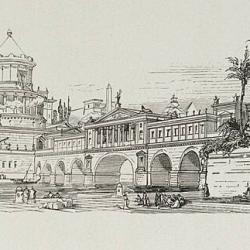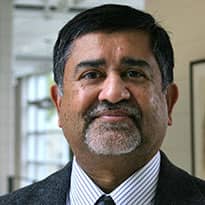The idea of and belief in reincarnation is fundamental to Hinduism, determined by karma, the law that posits all actions have effects. This Hindu belief is now shared by a large chunk of Americans: 24 percent of Americans say they believe in reincarnation, says Lisa Miller, quoting a Harris poll. About a similar percent of Brits believe they will come back after death. Belief in reincarnation is common across the world, from the Inuits to Buddhists. And Adi Shankara, the great Hindu philosopher, sang of samsara and of the yoke of rebirth:
punarapi jananam punarapi maranam
punarapi jananii jathare shayanam
iha samsaare bahudustaare
kripayaa apaare paahi muraare
("Born again, death again, birth again to stay in the mother's womb! It is indeed hard to cross this boundless ocean of samsara. Oh Murari! Redeem me through Thy mercy.")
And God Himself took birth in the form of Krishna, the son of Devaki and Vasudeva, to defeat Kamsa, the evil king. Almost every Hindu myth, epic, purana, and punya katha (sacred story) includes a story of reincarnation. But recently, arguing with a skeptical cousin, I was forced to confront the idea of birth and re-birth again, and had to muster all my energies to counter a forceful rebuttal from a determined debater! But he is only the latest reincarnation of the materialists of old, the lokaayatas/chaarvakas who rejected the idea of reincarnation and spiritual insight. So, in many ways our questions are old, and our answers haven't changed, nor are our quarrels different. We could go our own believing or unbelieving ways, and life would go on.
But how did we come to believe in reincarnation? To get there we have to first enquire about karma, free will, and morality. If one does not have free will, morality is not part of the equation of life. Only when we choose to act are we ethically responsible. Of course, there is always the accompanying question about whether we have free will or whether it comes shackled and fettered. Mahadevan argues that Hinduism offers the theory of karma as a solution: karma stands for free will, and we should consider ourselves responsible for our present state/fate. Life is not a game of chance or caprice or a statistical probability; our actions in the past shape our life at present, and how we behave now in turn conditions the future. Karma is based on the concept of Rta -- order, both physical as well as moral—and Gods are the guardians of rta. Good people follow the path of rta, which later came to embody Vedic ritual, and still later, in the Upanishads, came to mean both action and the results of action. Action both produces a result and affects one's character, leaving an impression on the mind of the doer.
But if karma determines our life, where is free will? Are we not simply tied to the past, our present actions and attitudes merely the results of the past? We do know now that even in the physical universe the law of cause and effect leaves space for uncertainty, and we can similarly surmise that karma is not a rigid and a concrete chain of action and reaction/result. Human beings can use free will to climb out of the cycle of causality, and we are always provided options to tinker with our life and alter our ways.
Karma cannot play out in one life, because the theory precludes that. We are born with certain characteristics, the result of past karma. Similarly, our actions in this life do not all bear fruit in this life. We may experience the results in a future life. So, what dies and what is reborn? Essential to the theory of karma and of reincarnation or punar-janma is the belief in soul, which casts off bodies and reenters new ones, and this is called samsara. The wheel of existence can be broken and the soul attains the realization of God.
If so, where is verifiable evidence for reincarnation? Is it just another poppycock theory that we humans, over hundreds of thousands of years of evolutionary pressures, have concocted to deal with the world that we are born into? So goes the response of the atheists, materialists, and skeptics or those who argue that chance and probability can explain it all. But what if there were evidence for reincarnation? We have great astrologers and palm readers in India who will tell you what you were in your previous life/lives, and what happened to you a decade ago, or two decades ago, in some uncanny detail. "This is all pure bunk," is the reaction of the skeptics, like my cousin, who steadfastly refuse to consider examples of and evidence for reincarnation.





